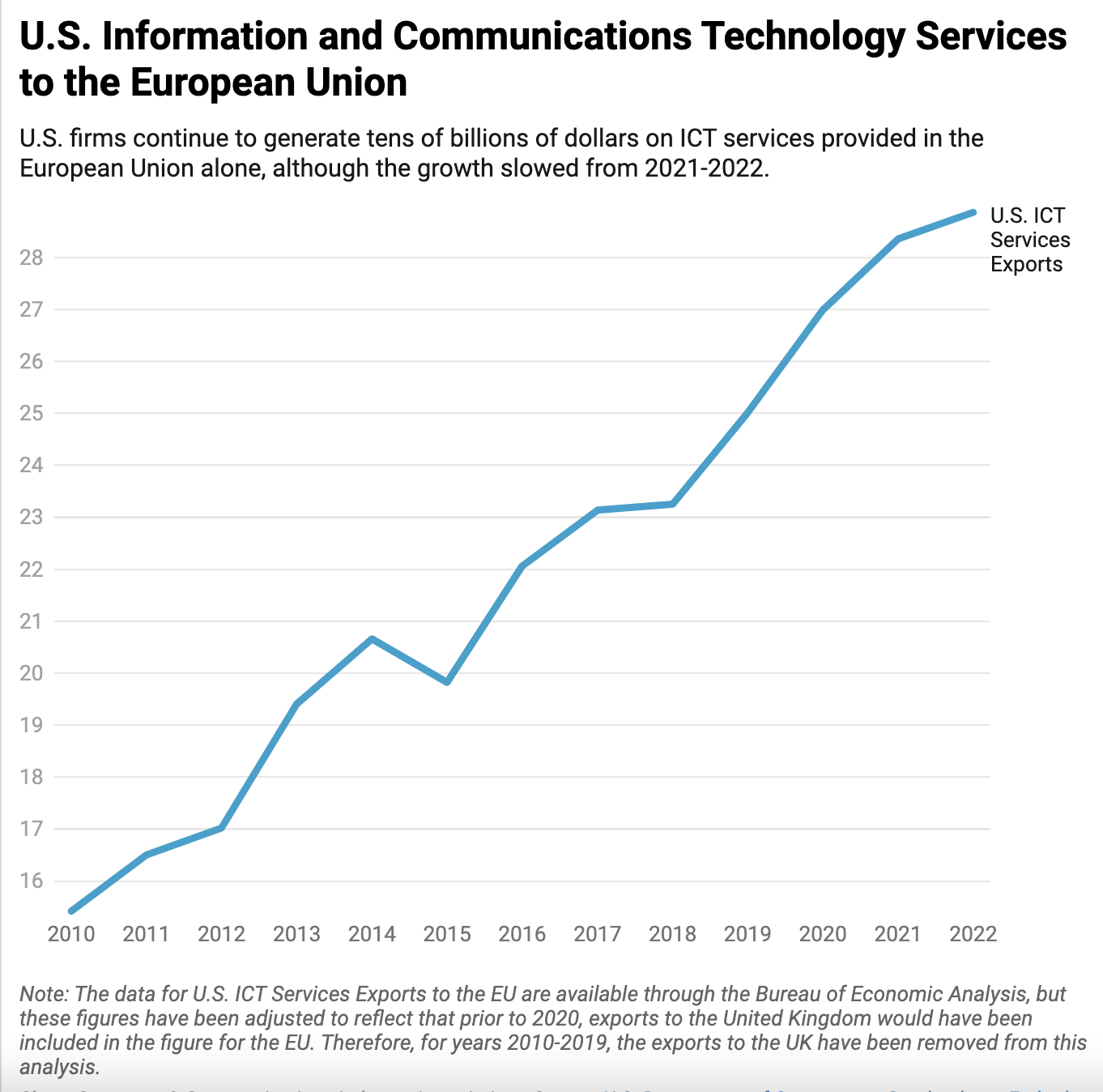The Digital Services Act can’t be everything to everybody

When the European Commission presented its Digital Services Act (DSA) back in December, it explicitly described it as “a horizontal framework for all categories of content, products, services and activities on intermediary services”. This horizontal approach would be complemented by vertical and sector-specific initiatives. Sectoral legislation tends to be more detailed and hence requires frequent updates. In contrast, the DSA should set horizontal principles and remain future-proof for several decades, just like its predecessor from 2000.
However, since December some lawmakers – oftentimes encouraged by eager lobbyists – have seized on the DSA as an opportunity to regulate a variety of other topics, some even in much detail. Some lawmakers have even gone as far as adding an entire new section targeted at marketplaces, which would undermine the horizontal normative purpose of the DSA proposal. Complex new legal obligations would be especially challenging for small and medium-sized marketplaces.
If the DSA were to have some provisions dedicated to marketplaces, it would add an extra-level of complexity and confusion as it might contradict or overlap with existing and future sector-specific legislations. Such a patchwork would create red tape and weaken small and medium-sized marketplaces’ ability to compete with larger marketplaces. This could lead to less opportunities for small businesses, and higher prices for European citizens.
Fortunately, a few EU lawmakers are reluctant to jump on this regulatory bandwagon. The Vice-President of the European Parliament, Dita Charanzova, for instance, has warned that many see the DSA “as an opportunity to advance unrelated agendas or to undermine rival companies”. Instead, she has reminded her colleagues that “what Europeans deserve is a strong set of future-proof ground rules which we can adjust and adapt as technology and society evolve in the years ahead”.
That said, lawmakers are asking legitimate questions. Marketplace concerns could be addressed by a tailored initiative, instead of being squeezed into the DSA. Such an approach is already on its way with the European Commission’s new General Product Safety Regulation (GPSR). It updates the existing Product Safety Directive to respond to new challenges related to online purchases including via marketplaces.
The DSA can’t be everything to everybody. To stand the test of time, the DSA should set out horizontal principles for all online services and lay down the foundations for future sector-specific rules where necessary.








